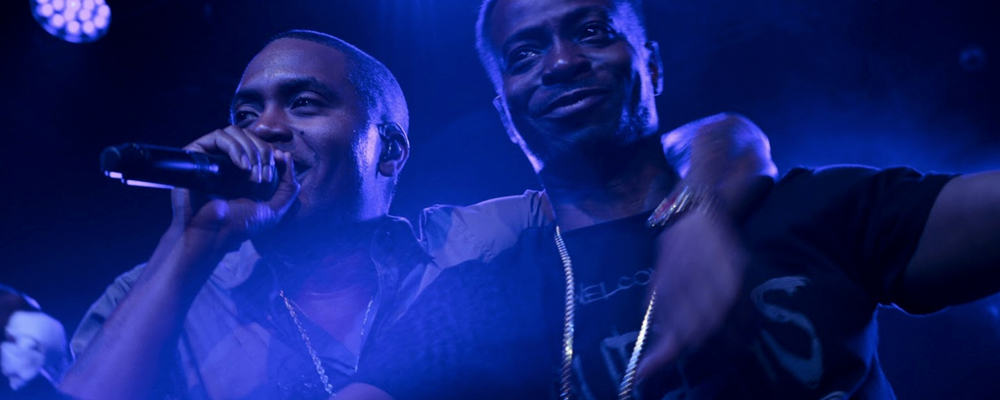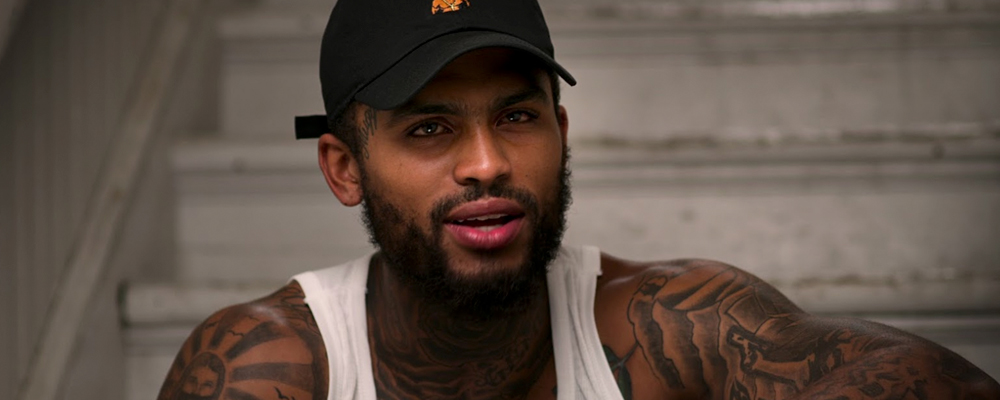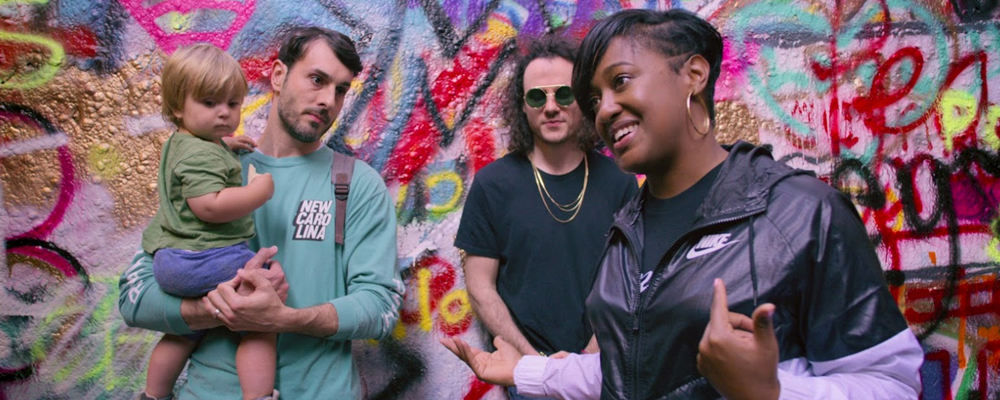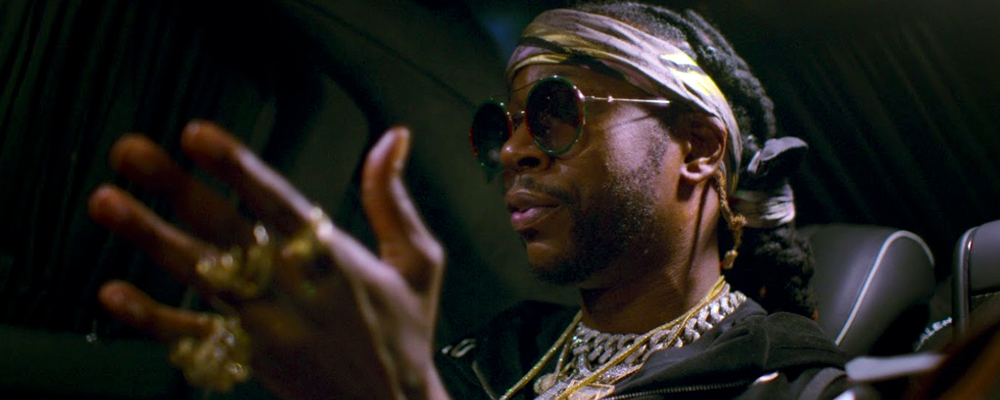Hip-Hop Artists Share Their Stories in New Netflix Docuseries ‘Rapture’
Alci Rengifo
“Rapture” puts aside flash and glitz to present simple portraits of the day to day life of some of hip-hop’s major artists. From established icons like Nas to recent breakthroughs like Logic, Netflix’s latest docu-series works like a massive, eight-part interview. Each episode explores a different persona, style and life. Some of these musicians are driven by their own personal demons to exercise their talent. Others find meaning in emerging social movements. Because so many names are crammed and angles taken into account, “Rapture” can at times lack some cohesiveness. But what does emerge as a whole is that hard work and fierce dedication define each and every one of these artists’ path to success.
The structure of each episode is to choose a life, either from an established height or from the emerging, lower steps of the fame ladder. Logic opens the series with one of its best episodes. Still looking fresh and young, a native of Maryland’s working class zones, the Grammy-nominee charts his journey from rags to fame. In another episode we spend a few days with Nas as he talks about work ethic, remaining socially conscious and producing strong work after already achieving pedestal status. One of the most profound chapters deals with T.I., who after facing legal problems involving firearms, finds himself orbiting towards the Black Lives Matter movement. He becomes emboldened by the rash of police killings of unarmed African Americans and reaches out to prominent social movement figures. Other artists like Rapsody gain social relevance by defying the dominance of males in the rap genre.
“Rapture” is the brainchild of Mass Appeal, a media company revived by Nas which led to his founding of Mass Appeal Records. At times the series can feel a bit sluggish because it refuses to become a truly insightful documentary work. These are very much a set of surface profiles as opposed to investigative pieces. As one artist shares a thought we get a lot of slo-mo concert footage, or meandering moments like Nas walking around a fancy apartment in New York, deciding it’s just too high for what he’s looking for. At one point there’s a moment that drags just a little too much as we see Nas getting a haircut. The weaker sections feel like what we would get on any average VH1 or MTV special. But interspersed with the extra baggage are some fantastic moments where the personalities of the artists shine through and provide valuable, fascinating commentary.
The two great highlights are the episodes centering on Logic’s rise and T.I.’s career. The former comes across as very likeable and approachable. He shares about his battles with anxiety and the intricate hassles of growing up as a mixed kid from white and black parents. Moments where he rehearses with his crew before a performance have an interesting way of capturing his anxiety as he frets and frets over a mic, his ear monitors and the backing track. In a sense Logic has channeled his traits into the perfectionism art demands. This episode also has some of the more fascinating fan footage as Logic hosts a Q&A at the Wiltern in Los Angeles and one disciple starts weeping, barely able to get his question across before asking for a hug. The artist himself has a particularly powerful moment after he’s nominated for a Song of the Year Grammy for the anti-suicide track “1-800-273-8255.” He breaks down on camera, apologizing and sharing that he hasn’t really had the time to process the joy of being successful.
T.I.’s episode is insightful in the way it captures the bridge between hip-hop as both art form and political commentary. Affected by the videos going viral of police shootings, the rapper begins contacting figures like artist Harry Belafonte, civil rights icons Andrew Young and Jane Elliott. The three share their insights into racism, modern-day struggles and the role of politics. Eventually T.I. channels the experience of immersing himself in socially conscious movements into new, striking music. There is powerful section in this episode where he guides his children through a historical museum and teaches them about the case of lynched civil rights symbol Emmett Till.
Unavoidably we do get some of the glitz and glamour that comes with success. T.I. gives his children names like “Heiress,” Nas’s brother Jungle shares tales of being picked up in a Bentley for last minute flights to Atlanta from New York. None of this is particularly fresh, especially for aficionados of the genre or featured names. At times “Rapture” lingers too much on small talk, or personalities looking at the camera and delivering what amount to slogans (“Music is in my D.N.A”). We wish the filmmakers would provide some richer, historical references, which is why T.I.’s episode works so well. The more interesting sections, and which are of immense value to aspiring artists, are the moments where the subjects discuss the discipline and long hours that go into honing their craft. In one strong scene Nas describes the need to focus on words, writing and craftsmanship. “Hamilton” creator Lin-Manuel Miranda makes an appearance to appear on a track with Nas, and it is a great song about using the art of writing to overcome socio-economic hurtles. Logic also has some wonderfully insightful moments where he describes the process of finding the right melody over a beat. “Rapture” at its best can capture the artistic process itself.
“Rapture” is not the kind of series one should just sit down and binge. Every episode is one large profile that can veer from mood to mood. Fans of the artists featured will get a definite kick out of following their heroes around, for outsiders what the documentary does is provide an interesting window into hip-hop as it stands today artistically and culturally. Indeed, the subject matter is so important and engaging that it might even deserve just a little more.
“Rapture” Season 1 premieres March 30 on Netflix.






